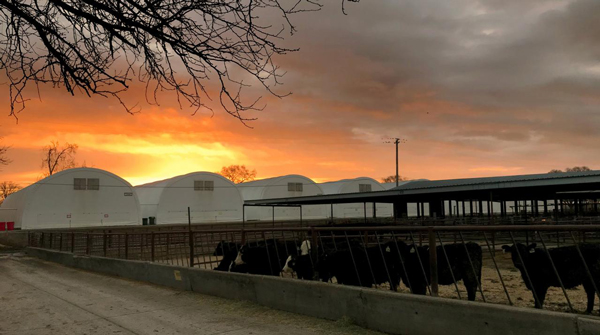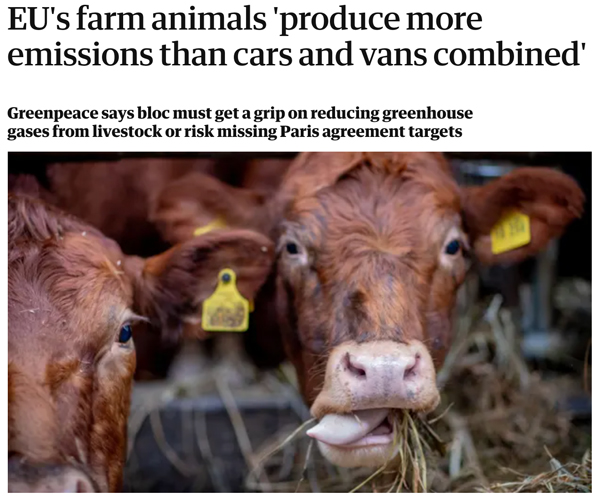
THREAD: The growing popularity of meat alternatives has not affected animal-sourced meat sales. Promoting plant-based alternatives as a recipe for #climatechange solutions is dangerously misleading and distracting.
theguardian.com/environment/20… 1/
theguardian.com/environment/20… 1/
While it may be true that meat alternatives are seeing a rise in sales, what the @guardian fails to provide is – and this is typical of the plant-based agenda – CONTEXT. Did you know that meat sales are actually at a record high? Up by 20%!
morningagclips.com/meat-purchases… 2/
morningagclips.com/meat-purchases… 2/
It should be noted, the pandemic has changed our eating habits with many opting to cook at home rather than eat out. It’s possible we may see a dip in meat sales as life gets back to normal, but this doesn't mean the end of meat is near. For reference:
https://twitter.com/GHGGuru/status/1268326989930262530?s=203/
The idea of the U.S. and UK reaching ‘peak meat’ by 2025 for the sake of the planet is one that completely ignores scientific facts. I wrote a blog and thread explaining why eliminating meat in the U.S. will do little to curb climate change.
https://twitter.com/GHGGuru/status/13350263509402787864/
I often mention that we need to stay focused on real solutions to reducing emissions to buy time and slow warming. As I state in my blog above, the effort to cut out meat will make minimal impact. We can instead place that energy into adopting new practices and technologies. 5/
Animal ag is making historic strides in sustainability. Last week my colleague, @ucdavis animal scientist @ErmiasKebreab, released a paper alongside @breannaroque with findings that show adding seaweed to cattle feed can reduce methane emissions by 82%: ucdavis.edu/news/feeding-c… 6/
In California, the dairy industry has reduced methane emissions by 25% in just three years using dairy digesters and other technologies. This is a major achievement and should serve as a model to what is possible.
https://twitter.com/UCDavisCLEAR/status/13748364101552906247/
It’s disappointing to have the accomplishments of U.S. animal ag overshadowed by misleading plant-based campaigns. I recently wrote a piece for the @dcexaminer, urging our leaders to get serious about climate-smart livestock farming:
washingtonexaminer.com/opinion/op-eds… 8/
washingtonexaminer.com/opinion/op-eds… 8/
Our focus should be on sustainable livestock ag, not on pie in the sky rhetoric, which is what the idea of getting rid of meat is. I encourage you to visit @UCDavisCLEAR’s website. Please explore and share the science and truth about animal protein: clear.ucdavis.edu 9/9
• • •
Missing some Tweet in this thread? You can try to
force a refresh





